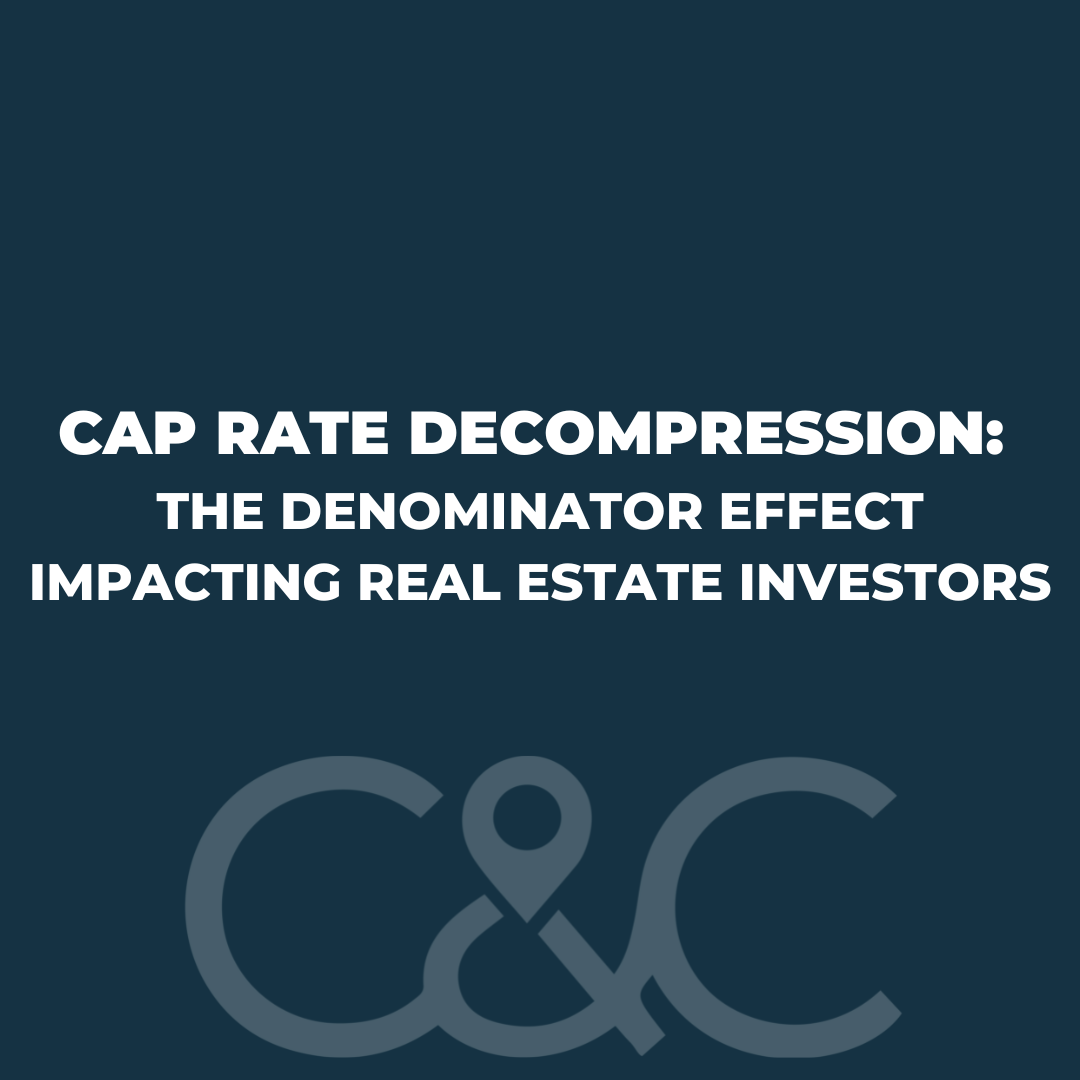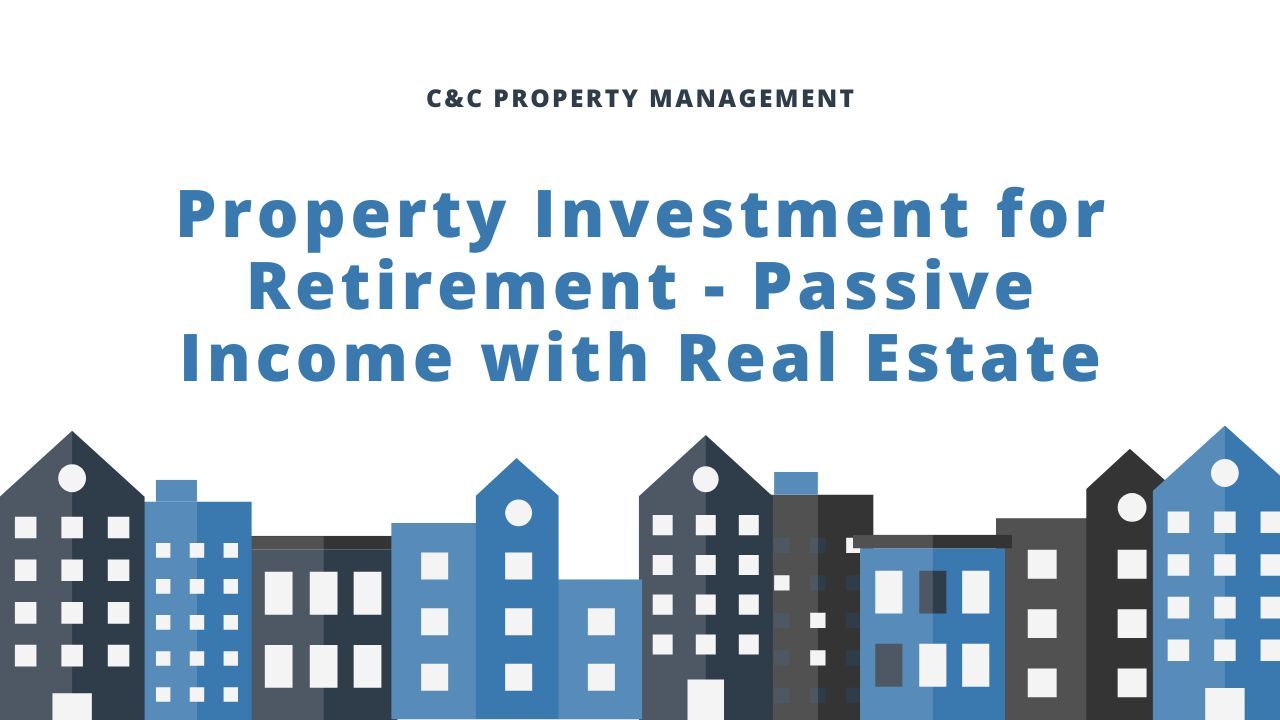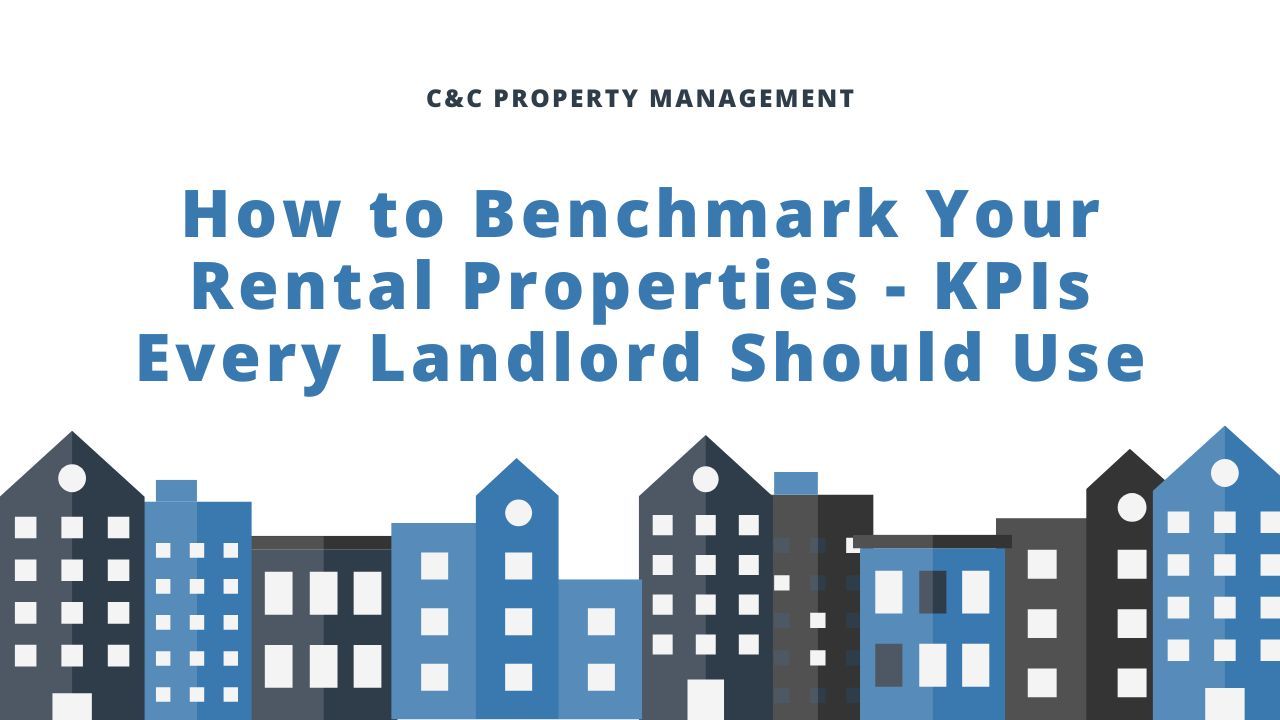Cap Rate Decompression: The Denominator Effect Impacting Real Estate Investors
Real estate investors are facing an insidious problem known as the denominator effect or cap rate decompression.

The cap rate, which is the earnings-to-price ratio in commercial real estate, moves inversely to the asset value at the time of purchase. Cap rate compression over the last decade reflects the optimism investors have had in acquiring commercial and residential real estate. This has caused the cap rate to lower, making assets appear more expensive. If this compression continues and the cap rate increases, it can lead to a significant drop in the value of a commercial real estate asset.
Investors who are short-term holders and have a significant portion of their portfolio in real estate are at risk. A rising cap rate can wipe out their equity in a leveraged deal. There have been stories of LP investors already poised to lose their entire investment in some syndicated deals. Long-term holders, on the other hand, are less affected. They typically have fixed-rate debt that doesn’t mature for a long time and are not consumed by changes in short-term values.
Although there is nothing evil about short holding times, long-term investment is an excellent strategy for those who want to avoid the denominator effect. It provides them with the opportunity to acquire more fairly priced or underpriced deals in the coming years.
Real estate investors should learn from the investment strategies of Warren Buffet. He couldn't care less about short-term rises or drops in stocks held by Berkshire Hathaway. He is not driven by the market's opinion of these assets because this has no impact on their ultimate value. He actually likes it when prices fall so he can acquire even more. The stock market's opinion of value is similar to the cap rate in commercial real estate. As commercial real estate investors, we would do well to imitate the investor (Buffett), who could lose 99.4% of his stock value and still beat the S&P 500 in the same time period.
In conclusion, although cap rate compression is a normal moment in the ebb and flow of real estate market cycles, investors must be aware of the denominator effect. They should consider long-term holding times, focus on cash flow and opportunities that arise from the poor acquisitions made by others, and imitate the investment strategies of Warren Buffet. By doing so, they can avoid the denominator effect and create more wealth for themselves.








